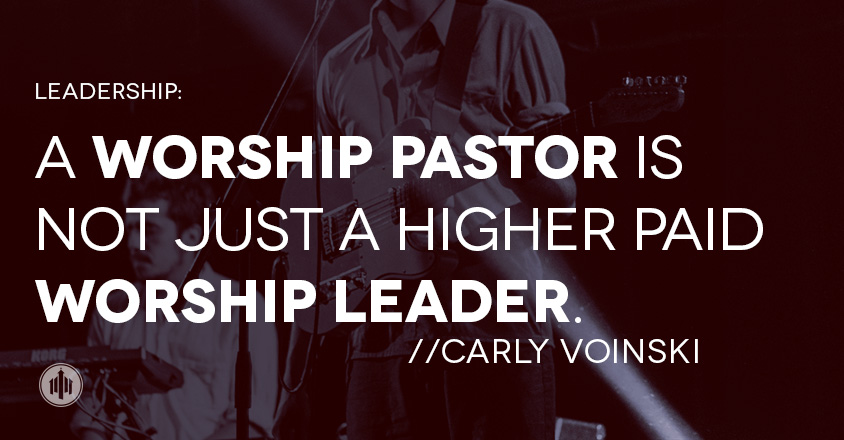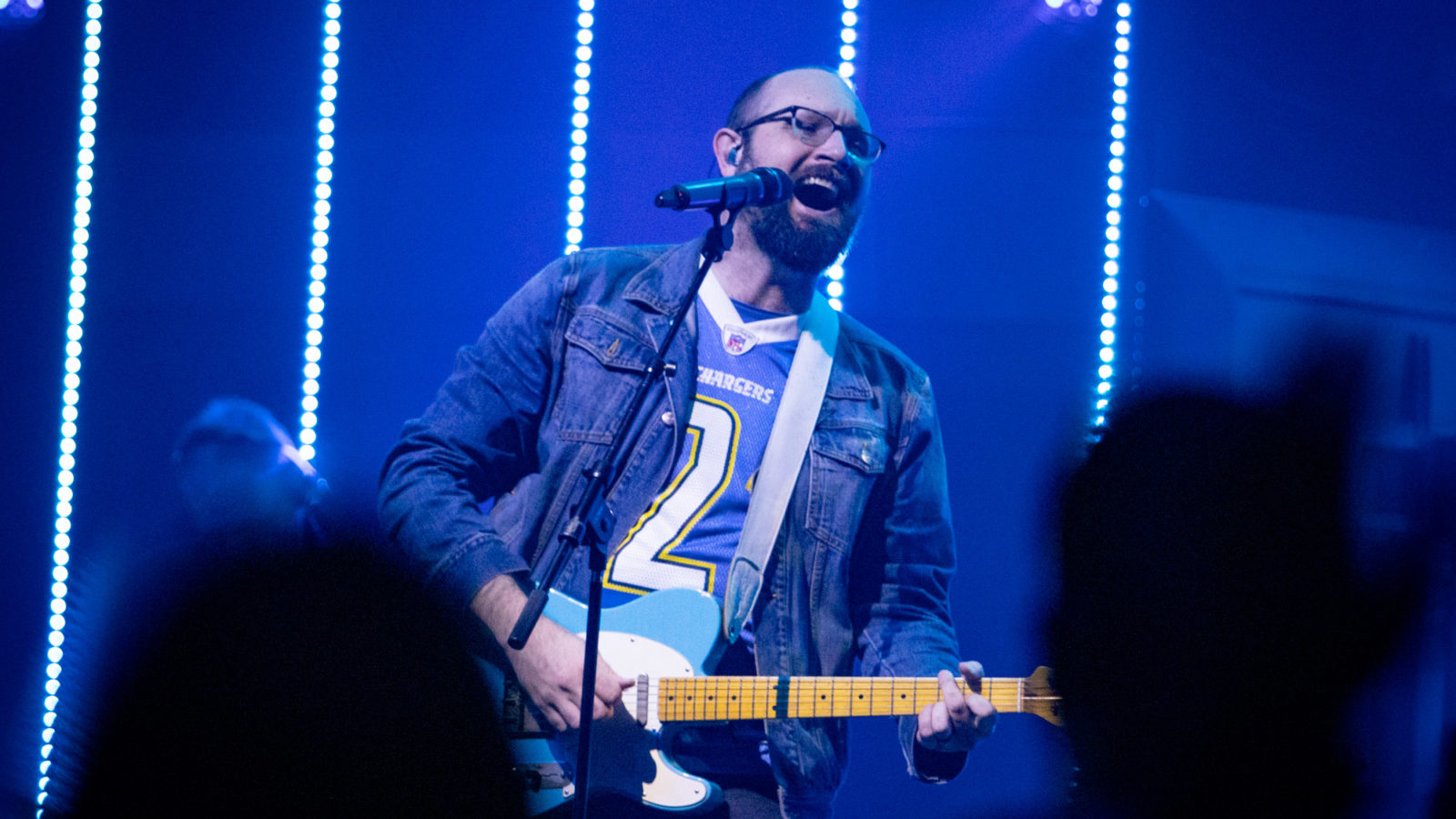This is Part Two of a series titled Straight Talk. Part one of the series, Role of the Worship Leader, can be found here.
There is absolutely no way we can have an intelligent conversation about the role of a worship pastor without first defining what a pastor is. You would think this would be common knowledge, you know, one of those things you don’t need to cite in a research paper among Christians. However, I’ve come to the realization that there are many different definitions and assumptions as to what makes a pastor. I’m not even talking about the ideas and characterizations that the modern day unchurched culture may have. I’m talking about people like you and me; people who love Jesus, read the Bible, praise His name, and have completely different ideas as to what a pastor should be.
So, for the remainder of this post keep in mind the definition of a pastor that I will be working from. It’s pretty simple.
Pastor: One who is recognized as having responsibility for spiritual care over a congregation, displaying the qualities of an elder as found in 1 Tim. 3.
A worship pastor is not just a higher paid worship leader. A worship pastor is not just someone who oversees the band and tech team. There is a responsibility to their church and team that is by definition not demanded of a worship leader. While a person filling the role of “Worship Leader” may spiritually care for their team and may display some if not all of the qualities listed in 1 Tim. 3 there are a few aspects to this whole pastor thing that we should discuss.
Vision
Vision is the word of the moment it may seem but it’s popular for a reason; it’s needed. While the church as a whole should have a clear vision, each ministry should have a vision that is more direct to them and falls under the church wide vision. This is the job of the pastor. It is the Worship Pastor who will take the lead on presenting and working through a vision for the worship department as a whole. This doesn’t mean that the pastor can’t include team members in the discussion, he probably should, but it does mean that on top of picking out songs and finding cool videos to use, they will be the ones to make sure it all falls in line with the vision of the church. Are we moving forward? Are we off track? Do we need to make a change? Does the team know where we’re going? The difference between pastor and leader is that the pastor asks these questions and addresses them. The leader submits and follows well. There is so much more to say about vision. You can get some good stuff from this article by Seth Gehrke.
Teach
This one is simple. A pastor should have the ability to teach and a heart to do so. They may not be the best public speaker and they may need to work on their teaching skills, but if God has called them to shepherd His flock then God will use them to do so. A Worship Pastor focuses on the spiritual growth of the congregation at large and more intimately, those they lead in ministry. This is an aspect of spiritual care. Is my team spiritually growing? Does the church have a need that should be addressed? How can I share with them what God has shown me? Another major difference here between worship leader and worship pastor; your pastor may get called on to preach next Sunday, I’m about 98% sure the worship leader won’t. (But I mean, you never know, so be strong and courageous, do not be afraid.)
Protection
The last one for us to think about today is protection. A shepherd would not just oversee his flock, but he would protect it from harm. Imagine a shepherd who only kept watch of his sheep and did nothing else. “Oh, look there goes one of my sheep headed for that cliff. What a bummer for that little guy. He doesn’t even seen it coming…..yup, never saw it coming.” I would NOT want to be a sheep in that guys herd. We expect the shepherd to do all he can to save each and every one of his sheep. There will be things he cannot control, but he doesn’t just watch them wonder off to certain death. So it is with pastors. They watch over and protect their people. A worship pastor will protect his team individually and collectively. Individually, a pastor will know their team members and be able to speak into their lives when they see danger. Collectively, the pastor protects their team by not sharing every little criticism they hear, by having the wisdom to only share appropriate information, by keeping them focused on Christ and if we’re speaking straight here, puts the target on their own back instead of their team members. That might sound a little extreme but let’s be real, any public ministry like ours will always have attacks. It’s the shepherd’s responsibility to protect his people from them.
How does your church organize its leadership? Do you have a worship pastor? Worship leaders? What do you see the differences to be? Are there any?




 Dealing with Cynicism
Dealing with Cynicism